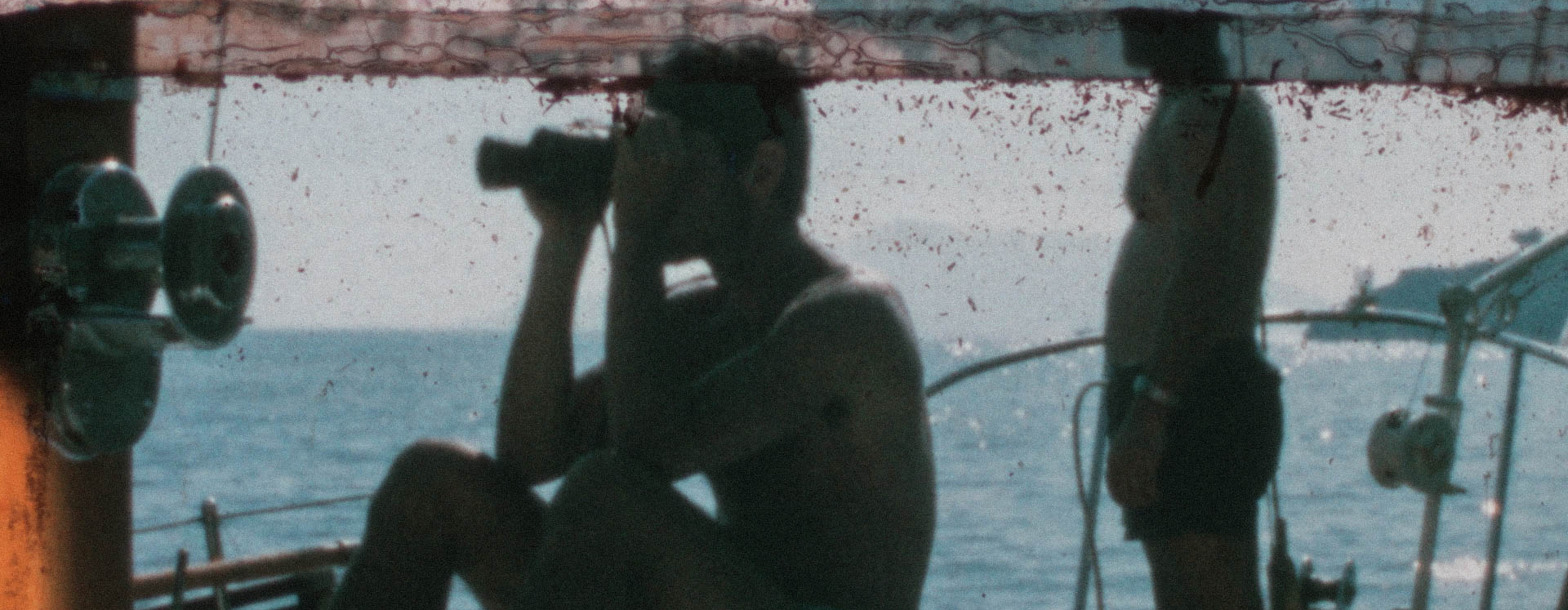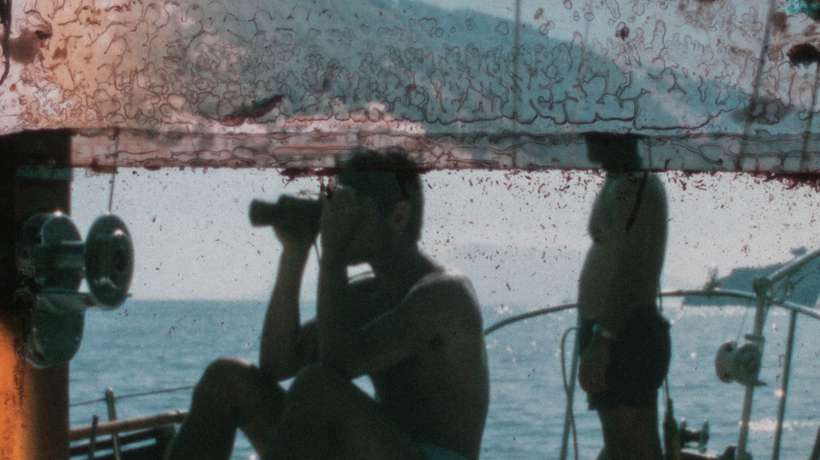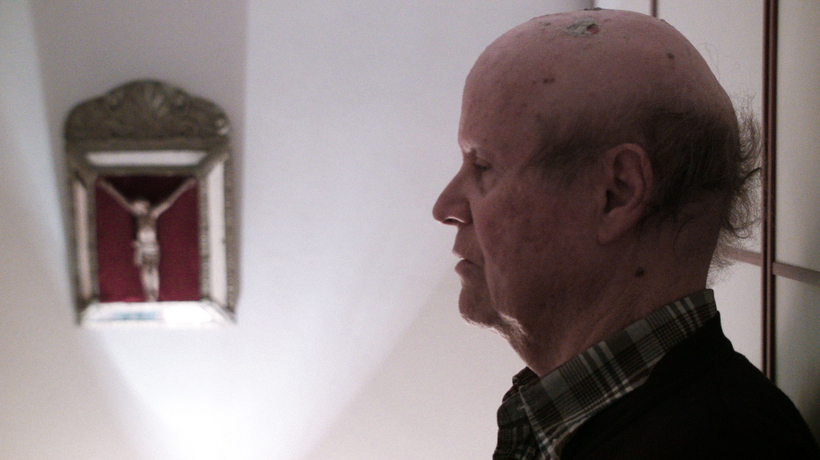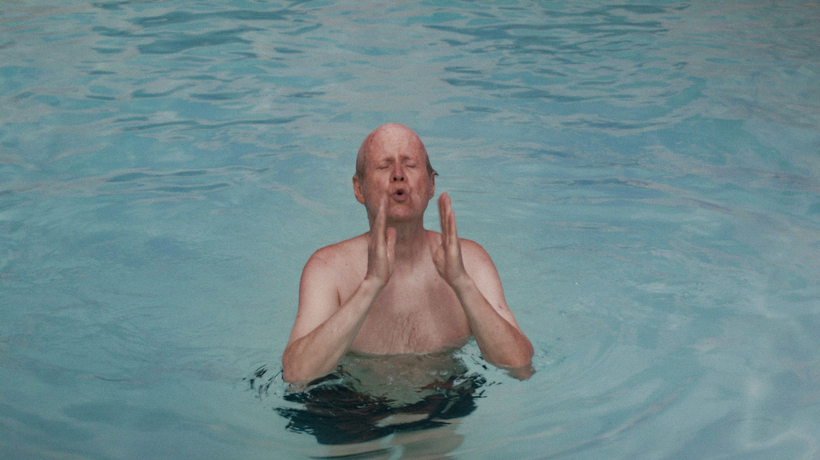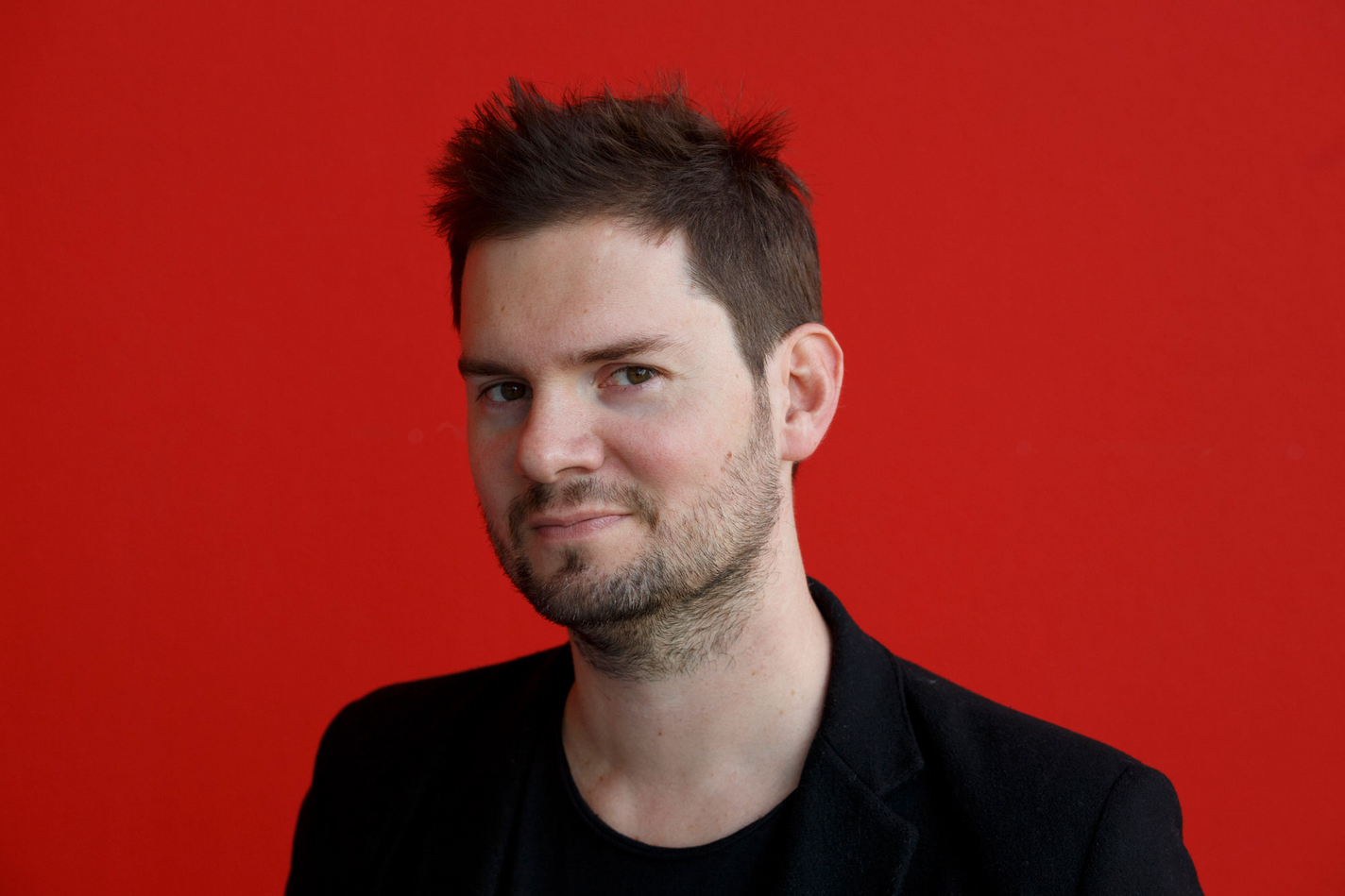Filmmaking as a Method
Francesco Ragazzi (Master of Film): 'As a social scientist who carried our research and published in the social sciences, I was becoming increasingly disenchanted with the rather narrow rendering of human experience contained in the books and articles I was writing and reading. They didn’t match the range of angst, excitement, fear, awe and repulsion I experienced when interviewing Croatian war criminals exiled in Chicago, French intelligence officers working on counter-terrorism or disenfranchised Turkish youths from the suburbs of Paris. I therefore wondered: is it really all there is? How can academic knowledge reclaim the knowledge that is being lost between my fieldwork and my writing?
Documentary and fiction filmmaking - which I had been experimenting with clumsily since the beginning of my PhD - seemed to offer a way into what had become an existential question. And while I came to the Master’s thinking I would explore how to use “film as a method” in my academic work, I came out of it transformed. I came to the realization that artistic practice cannot be understood as just one more technique of knowledge production. This shift, it became clear, can only be made by engaging in an introspective journey throughout one’s fears, hopes, dreams – in other words, one’s subjectivity.
13 Attempts to Shoot My Father, the film project I graduated with, represents two things in this context. First, it is an intimate, personal, urgent attempt at recording my father and my relation with him, after a heart attacked that almost killed him two years ago. In the context of my research, however, it is also the most remote attempt to explore “film as a method” through my journey as an emerging film director. It is through the project that I understood the necessary personal transformation in this journey – which I describe in my publication Two Years among Filmmakers. It has been the laboratory though which I both explored and developed a large number of ideas which I now intend to implement in my new research direction: how to introduce arts-based and film-based methods in my field of research, political science and international relations.
Artistic research in and through film, as I write in my publication puts the researcher in a position of “liminality”: she is neither here nor there, but in both places at the same time. This has been my experience between filmmaking and academic research. And rather than thinking of it as a transition (from here to there) I want to explore what can be done by investing and occupying this space-in-between. This is where I see the most relevant contribution to both the outside world (academia, in my case) and the profession. Social scientists have much to learn from the epistemological positions adopted by artists, in understanding what is required when attempting to know differently than through words or numbers (anthropology has explored this for many years, but it is still a marginalized approach in the social sciences). Filmmakers have also a lot to benefit from a dialogue with social scientists when it comes to experimentation, methodological considerations and thinking about the status of the knowledge they produce. The research projects I graduated with are only a small step in this direction and the beginning of a new agenda that I intend to explore both in Leiden’s Institute of Political Science (where I work) and in the Film Academy (where I will collaborate with the Master’s program) in the years to come.'
Recommendations
From the jury report of the Graduation Prize: 'Filmmaking as a Method is a very successful attempt to use film in a totally different way than we are accustomed to. Francesco Ragazzi creates a layered and revealing philosophical work, in which he manages to imbue the relationship between himself and his father with a universal poignancy. His attempt to use the medium of film as the object of inquiry for knowledge production in social-scientific fields should be praised and attests to a visionary outlook on both the medium of film and the further development of the field of philosophy.'
Neil Young, professional film critic: 'I was struck by his capacity to tell a simple but moving story, exploring both his relationship with his father and also his personal relationship with cinema. Producing a film with a one-man movie crew can be seen as a metaphor for how, when facing the most difficult situations, we are always left to our own devices, falling back on our own resources. And an individual’s relation to the possible death of a parent is certainly one of those crucial moments. Mr Ragazzi’s handheld camera is personal without being voyeuristic, and his journey through movie-making becomes a journey through incomprehension, anger, fear and redemption. (...) His publication Two Years Among Filmmakers shows that every attempt and every failure has been an opportunity to reflect further on the type of knowledge that is produced inadvertently, when it is not the first intention of the author. (...) Innovative work and reflexion at the interstice between art and science is necessary to keep both fields from the hazards of complacency and repetition, and Mr Ragazzi’s graduation projects – his film and his book – stand as a vital example of this.'
Mieke Bernink (lector/ head of Master of Film): ‘If we tentatively regard artistic research as a ‘field of study’, that is where the value of Francesco’s research lies: furthering the understanding of how artistic research can be an intrinsic form of knowledge production that can help broaden traditional social science research, precisely because it is an entity in its own right. (...) As a political scientist or social scientist, Francesco is by nature strongly focused on the outside world; film-making has given him the opportunity to lend greater subjective and emotional depth to that engagement with the world around him. Through that dual expertise, he is able to enrich both science and film.’
